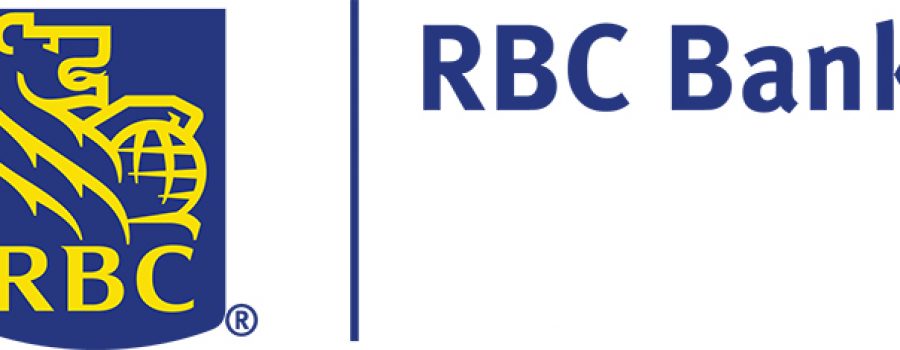Thursday, June 4th is RBC Blue Water Day and RBC is investing in the future of the lower Thames River watershed. A $75,000 grant will be presented by the RBC Blue Water Fund to the Lower Thames Valley Conservation Authority (LTVCA) at the property adjacent to the Administration Building (100 Thames Street) that morning.
Funds will be used to convert a former brownfield in Chatham, into a showcase site for Low Impact Development (LID). With this property’s close proximity to the Thames River and Chatham’s downtown, the LTVCA has the opportunity to demonstrate how strategic placement of native plant material and an engineered design of the parking area can reduce run off in an urban setting. Features will include a more accessible parking area, permeable pavement, and esthetically landscaped grounds that incorporate pollinator plants. This project will have positive benefits for water quality, erosion control, accessibility and improved landscape for the citizens of Chatham-Kent.
“RBC is proud to help protect water in urbanized areas by funding projects that improve the control and management of storm or rain water, raise awareness about low-impact design and encourage more efficient use of water,” said Michael Caverly, RBC Regional Vice President for Lambton Kent.
“This development is a very exciting project that will see the transformation of a former auto service station into a showcase of low-impact development, remediating a brownfield site while providing the Conservation Authority with much needed parking, and giving a visual uplift to the streetscape and the area in general. The LTVCA is very appreciative to RBC for helping to make this vision a reality.” says LTVCA’s General Manager – Don Pearson.
The RBC Blue Water Project is a historic, wide-ranging, 10-year global commitment to help protect the world’s most precious natural resource: fresh water. Since 2007, RBC has pledged nearly $41 million to more than 700 charitable organizations worldwide that protect water, with an additional $8.8 million pledged to universities for water programs. The RBC Blue Water Project is focused on supporting initiatives that help protect water in towns, cities, and urbanized areas. For further information, visit www.rbc.com/bluewater.
Brownfields are properties, often former industrial sites, that are left under-used because of environmental contamination concerns. Low Impact Development or LID is a term used to describe a land planning and engineering design approach to manage storm water runoff. LID emphasizes conservation and use of on-site natural features to protect water quality. This approach implements engineered small-scale hydrologic controls to replicate the pre-development hydrologic regime of watersheds through infiltrating, filtering, storing, evaporating and detaining runoff close to its source.
For further information on please contact: Randall Van Wagner BSc, Environmental Project Coordinator, GREENING PARTNERSHIP, Lower Thames Valley Conservation Authority – 519.354.7310 X 230.

